How a group of IITians set about rebuilding Takshahila
Founders of Rishihood University visited Houston to discuss their innovative vision and story.
.jpeg) Rishi Bhutada, son of Ramesh Bhutada, joined the university’s board of founders and significantly expanded the family’s philanthropic support. (From left) Sahil Aggarwal, Shobhit Mathur, Ramesh Bhutada, Rishi Bhutada and Shradha Bhutada / Courtesy Photo-Juhi Varma
Rishi Bhutada, son of Ramesh Bhutada, joined the university’s board of founders and significantly expanded the family’s philanthropic support. (From left) Sahil Aggarwal, Shobhit Mathur, Ramesh Bhutada, Rishi Bhutada and Shradha Bhutada / Courtesy Photo-Juhi Varma
What does a developed India really look like? Not a copy of America or South Korea, but a homegrown model rooted in India’s own identity?
That’s the question that drove the founders of Rishihood University.
Their aim? To cultivate future leaders through a learning model that is “multidisciplinary, multidimensional, and multimodal.”
Rishihood University, in Sonipat, Haryana, opened its doors in 2021 and currently houses over 900 students.
Approaching a major milestone—the graduation of its first class—Rishihood’s founders stopped in Houston during their U.S. tour to share their story—and to seek support for their growing mission.
“It's India's moment in time—the largest nation and fastest growing economy in the world,” said Dr. Shobhit Mathur, the university’s 41-year-old vice chancellor. “But all this is underpinned by good education.”
Programs, tuition, admissions, and faculty at Rishihood University
The undergraduate programs offered at Rishihood are BBA, B.Design, B.Sc Psychology and B.Tech.
The student body comprises approximately 60 percent male and 40 percent female students.
“We have about 900 students on campus as of now, which will go up to 1600 students in about three months’ time,” Mathur said.
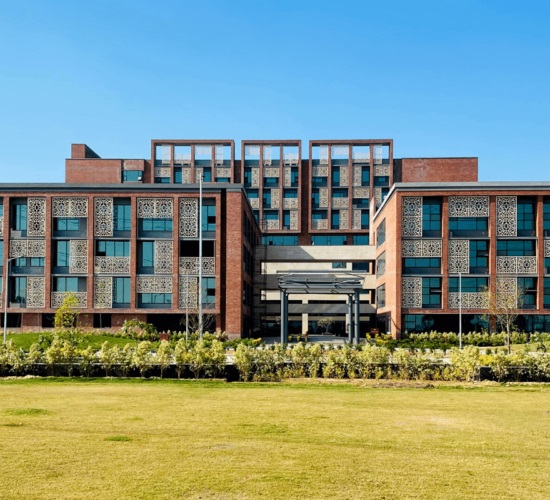 Rishihood University, located in Sonipat, Haryana, spans a 25-acre campus. / Courtesy Photo-Juhi Varma
Rishihood University, located in Sonipat, Haryana, spans a 25-acre campus. / Courtesy Photo-Juhi VarmaAdmissions are merit-based. Academic performance is one aspect of Rishihood’s admissions criteria—the university also values a student’s intent and vision, Mathur said. What are the students’ goals after earning their degree? Are they motivated by a commitment to nation-building, or is their primary aim to secure a high-paying job?
“There's a Rishihood Foundation course which has courses like ‘Self and Society’, ‘Principle of Design’, ‘Systems Thinking’, ‘Tech and Policy’, ‘Global Grand Challenges’ laying a strong foundation for future leaders,” said Sahil Aggarwal, Rishihood’s co-founder and CEO. “We strongly believe that without understanding your swabhav and your swadharm, your education is not rooted.”
Students pay around ₹4.5 lakhs per year in fees. Scholarships are available for students who qualify but cannot afford the tuition.
Around 70 educators make up Rishihood University’s full-time teaching faculty, supplemented by visiting professors who come and go throughout the year.
“We are heavily industry integrated,” Mathur said. “About 40% of our faculty come from the industry, and the curriculum is building partnerships with the industry. One year out of the four years, students go and work in the industry--that's 25% of your time.”
The average age of the Rishihood team is only 33 years, Mathur said.
Rishihood University is actively seeking young professionals who can grow with the institution and remain connected to it, he said.
“When we said we needed support, we didn’t just mean donations,” Mathur explained. “We meant committed individuals.”
History of Rishihood
The idea for Rishihood took root when Shobhit Mathur(an alumnus of IIT Bombay) and Sahil Aggarwal (a student at IIT Delhi). What began as casual conversations eventually grew into a concrete vision—and ultimately, a reality.
Mathur, like many IIT alumni, moved to the U.S. soon after graduation and joined Amazon in Seattle in 2006. Still, the dream of building a visionary university remained firmly in his mind.
An early supporter was Houston-based businessman and philanthropist Ramesh Bhutada, who contributed ₹1 crore for Rishihood University.
“When Shobhit first told me about it (back in 2013), and I remember thinking ‘this young man wants to set up a university.’” Bhutada said. “I mean setting up a university, and that too in Bharat, and that too on a concept of providing a Dharmic foundation to your studies. But I believed in him as an individual. So I said, ‘well, for whatever you want to do, whatever little I can do, I will try to help you’.”
Rishi Bhutada, son of Ramesh Bhutada, joined the university’s board of founders and significantly expanded the family’s philanthropic support.
In addition to financial support, many individuals contribute by mentoring, Mathur said. Since Rishihood has no alumni base, many young professionals in the U.S. have stepped in to guide students as mentors.
Rishihood’s soon-to-be graduates are charting impressive paths: one is a sarpanch in Palghar, another joined India’s highly selective Ministry of Finance, and a third is building an electric SUV. Mathur credits their success to Rishihood’s unique, purpose-driven approach, which prepares students to contribute meaningfully to the nation.
Can we rebuild Takshahila?
Swami Vivekananda spoke of “Rishihood” as the highest potential a human can reach, and called for the rise of 100 such people who could transform the nation. Rishihood University is a response to that call, Mathur said.
“We’ve taken inspiration from Swami Vivekananda’s words and decided to build an institution that produces such leaders year on year, so they can go ahead and build India,” Mathur said.
Addressing a roomful of Houston-based Indians, Mathur said, “Many of us have gone through the Indian education system, and have felt we did not get a good deal. There are a lot of challenges in Indian education.”
As young twenty-somethings, many Indians arrive in the U.S. and are struck by the strength of its institutions, Mathur said. Yet few stop to ask why similar institutions aren’t there in India.
“We are so successful here, but what's the challenge in India?” he said. “Why can't we build such institutions in India? So that is the thought process that inspired our 10-year journey.”
Ancient India was once home to renowned centers of learning, such as Takshashila, which attracted scholars from around the world.
“We asked ourselves—can we rebuild Takshashila?” said Mathur and Aggarwal.
During their latest visit to the US, Rishihood University hosted a two-day public policy conference in Washington, D.C., convening thought leaders and building momentum to scale policy research and training programs in India and the U.S. They have ongoing collaborations with U.S. scholars and think tanks, laying the foundation for transnational public policy initiatives.
Visiting nine cities, the university's team connected with existing board members, potential donors, visiting faculty, alumni, and policy makers.
The university's leadership team engaged with professors from MIT, Northeastern University, Georgia Tech, Duke University etc. to discuss joint academic initiatives.
ADVERTISEMENT
ADVERTISEMENT
E Paper
Video




1749580004.png) Juhi Varma
Juhi Varma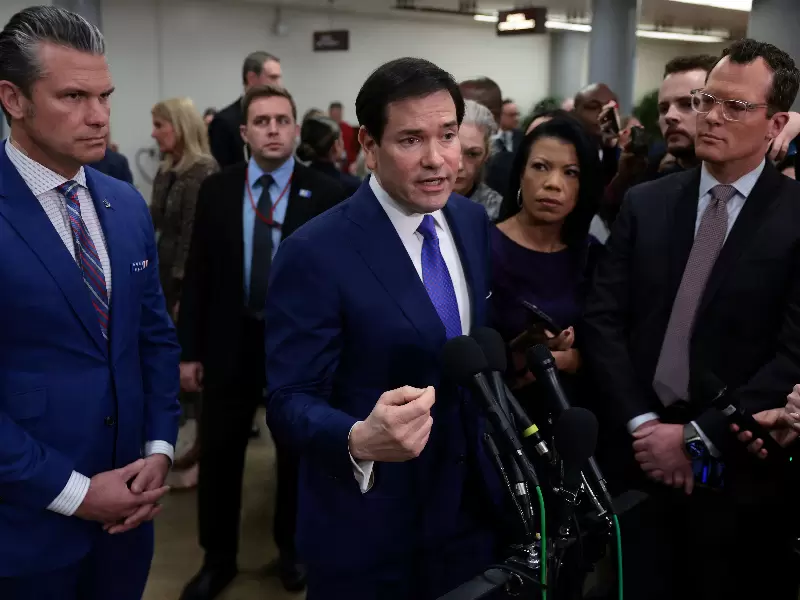

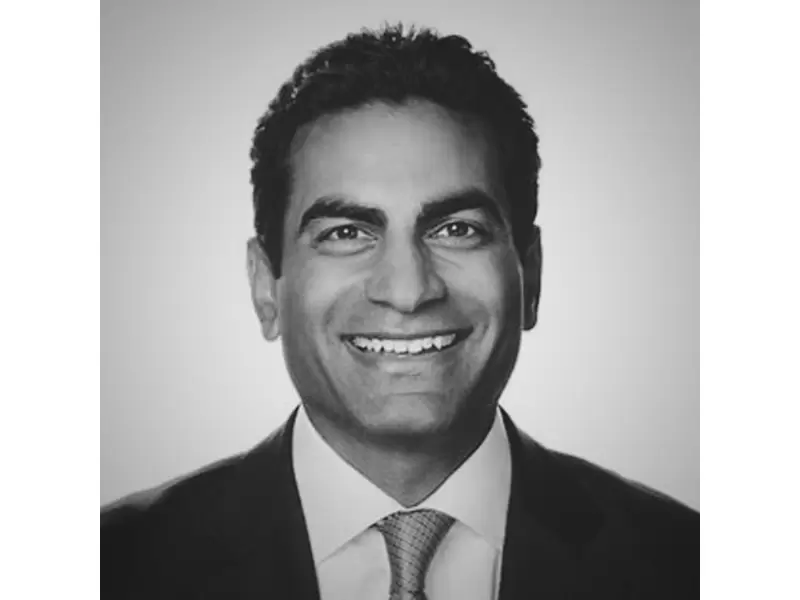
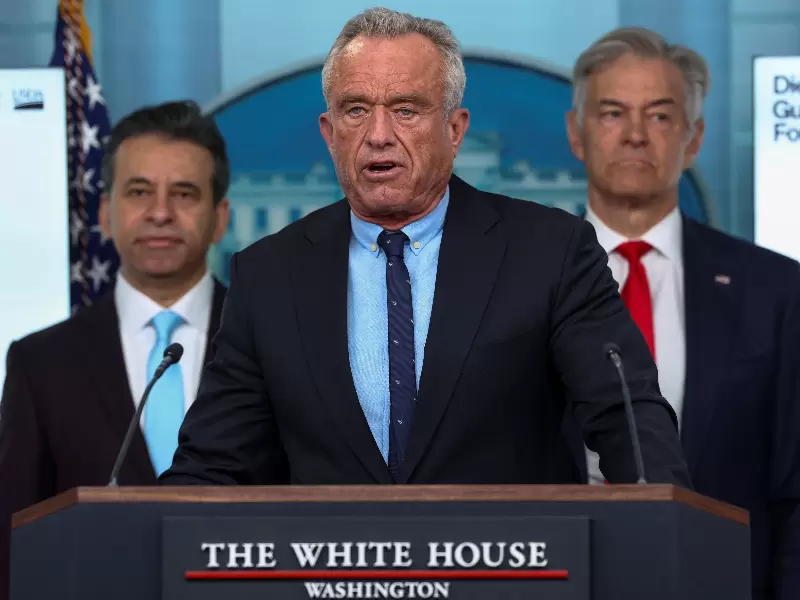



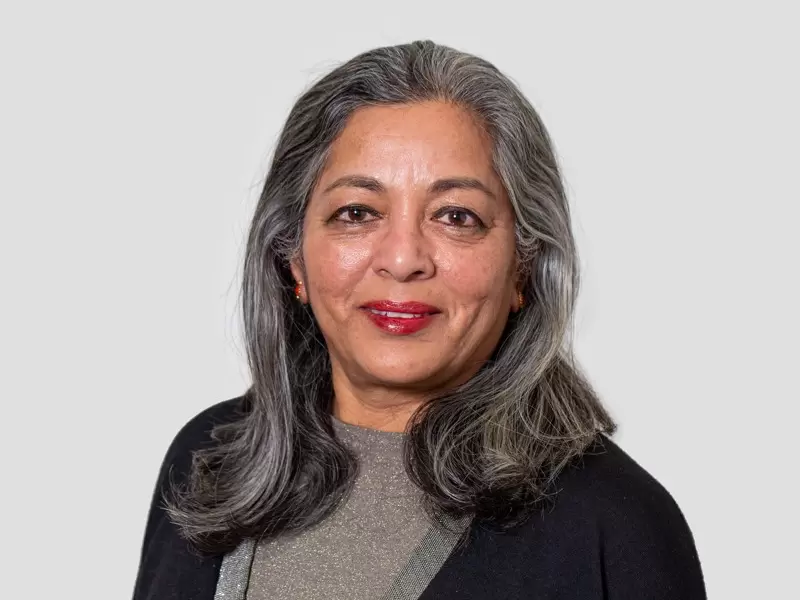
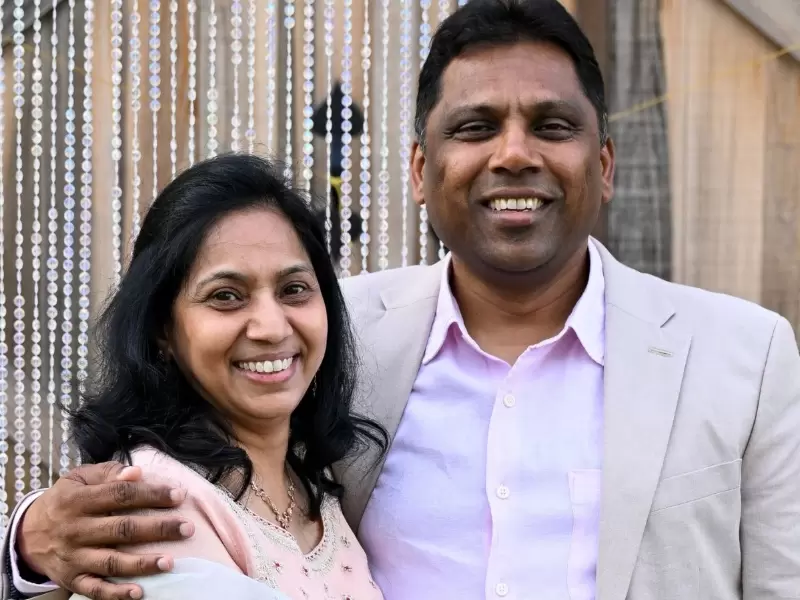

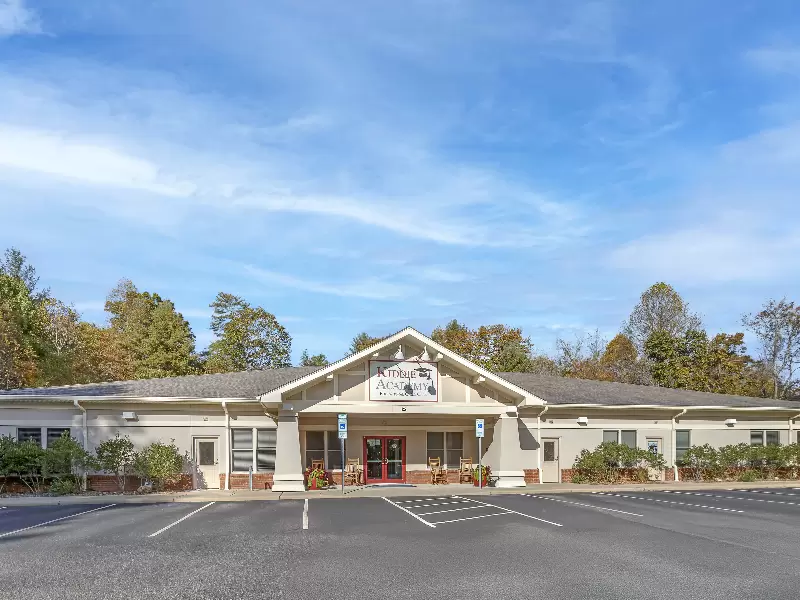
.jpg)

Comments
Start the conversation
Become a member of New India Abroad to start commenting.
Sign Up Now
Already have an account? Login